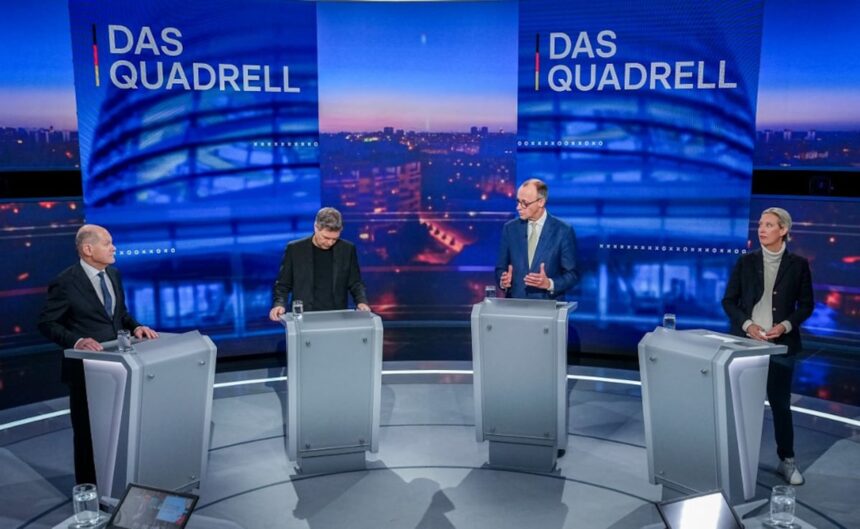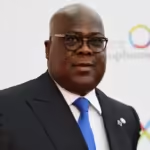Polling stations in Germany opened on Sunday for pivotal snap national elections that are expected to see conservatives regain power and the far-right scoring its best-ever result as Europe’s economic powerhouse lurches rightwards. The elections are closely watched in Europe and America as Germans cast their ballots to choose a government that will have to tackle the breakdown of the transatlantic alliance under US President Donald Trump and new threats to European security.
Friedrich Merz, the 69-year-old conservative leader, has consistently led polls to become Germany’s next chancellor. He has promised to address the country’s economic challenges in four years, but faces the daunting task of reviving Europe’s biggest economy and its aging infrastructure. If Merz’s Christian Democrats (CDU) win, he will need to forge an alliance with at least one other party, most likely Olaf Scholz’s Social Democrats.
The post-election coalition negotiations are expected to be challenging, as the campaign has exposed sharp divisions over migration and how to deal with the far-right Alternative for Germany (AfD). Chancellor Olaf Scholz might find himself in a caretaker role for months, delaying urgently needed policies to revive the economy and address global challenges.
Germany’s export-oriented economy and reliance on US security make it particularly vulnerable in the current geopolitical climate. The country has seen a shift in public sentiment towards migration since the migrant crisis in 2015, with attitudes hardening.
The most likely outcome of the elections is a coalition between Merz’s conservative bloc and the SPD, with the possibility of other small parties entering parliament and complicating talks. The emergence of the far-right AfD as a significant player in the election has added complexity to the formation of coalitions and governance in Germany.
Overall, the elections in Germany are crucial not only for the country but also for Europe and the transatlantic alliance. The outcome will determine the direction of German politics and its role in addressing global challenges in the coming years.








